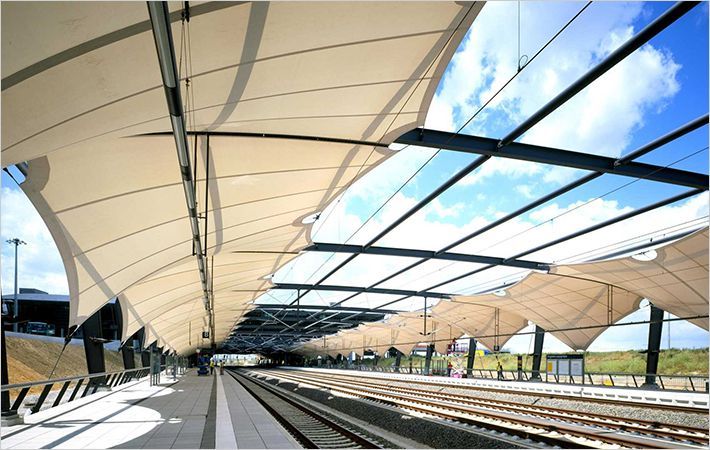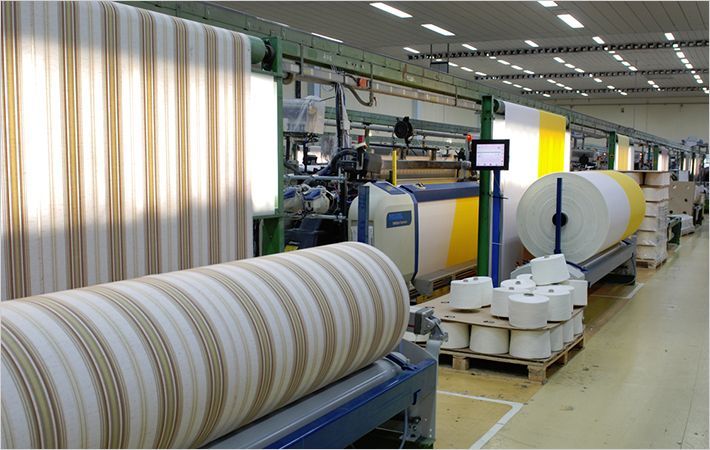The Broads Authority is restoring a lost reed bed and eroded strip of land at Salhouse Broad using funding and the latest innovative technology from Europe.
Erosion over the last 60 years from boat wash and wind has caused the land between Salhouse Broad and the River Bure to become significantly narrow –down to 2 metres in places-- threatening the integrity of the river bank and its riverside mooring.The Broads Authority is restoring a lost reed bed and eroded strip of land at Salhouse Broad using funding and the latest innovative technology from Europe.
Erosion over the last 60 #
Now 7,000m ² of reed bed is being constructed using four giant geotextile bags which have been fixed to alder poles cut from river banks near Salhouse Broad. The bags are being filled with 3000m ³ of sediment dredged from the River Bure to provide a 170m retaining bank.
The huge woven geotextile bags, which are 8.5 metres wide and have a circumference of 18.6 metres are big enough to drive a car through! Once filled, they will sink below the waterline and the void behind the bags will be filled in with dredged sediment to restore the reed bed as it was in 1946.
Sediment from the two dredging sites near Wroxham Broad and Decoy Broad is being carried to Salhouse by barge where it is unloaded into a pump by an excavator. The pump, conventionally used for concrete, fills the bags via a pipeline.
William Coulet, the Broads Authority's Prisma Project Manager, said: “It can often be a problem finding places to dispose of dredged material. However, this can be an ideal solution to reuse the sediment and enhance biodiversity at the same time. It underlines the fact that sediment should be regarded as a resource rather than waste. The sediment comes from this part of the river so why move it miles away?”
The surface of the geotextile bags will be planted with reed seed and rhizomes taken from encroaching reed fringes in the river this winter to help restore it as a natural reed bed.
The work, which is expected to cost £230,000, is being match-funded by the European Regional Development Fund under the PRISMA project (Promoting Integrated Sediment Management ) which was set up to develop innovative solutions for dredging and treating and reusing sediment from our waterways.
The techniques used are the result of sharing expertise with the Broads Authority's partners -- a water board in Holland, a navigation authority in Belgium and a specialist engineering university in France who will be meeting in November to share ideas and monitor progress. Particular technical assistance on geotextile bags is provided by BesEkk, a Dutch engineering bureau.
Work is also continuing this winter to restore a lost reed bed at Duck Broad by dredging Heigham Sound, but using gabion baskets as retaining walls. This work is also being part-funded by PRISMA.
The Broads Authority

